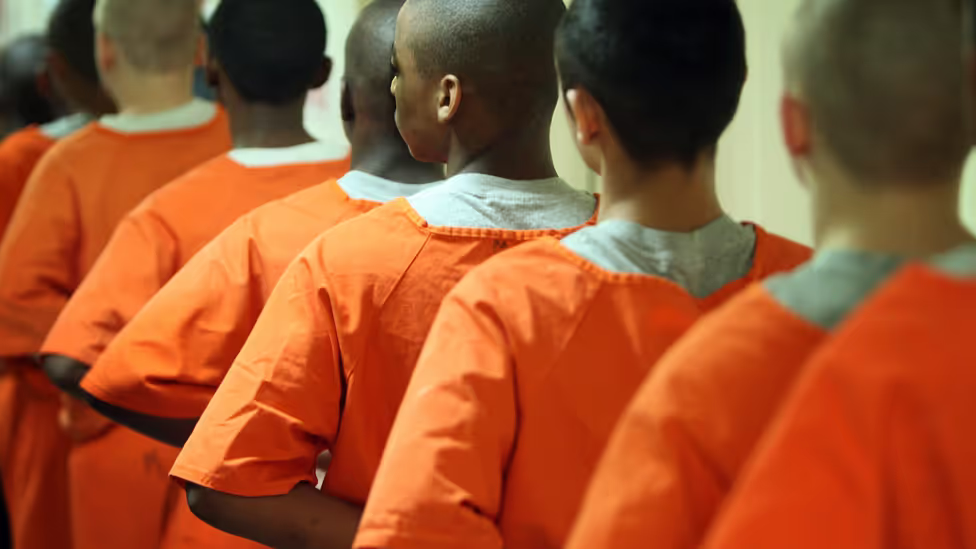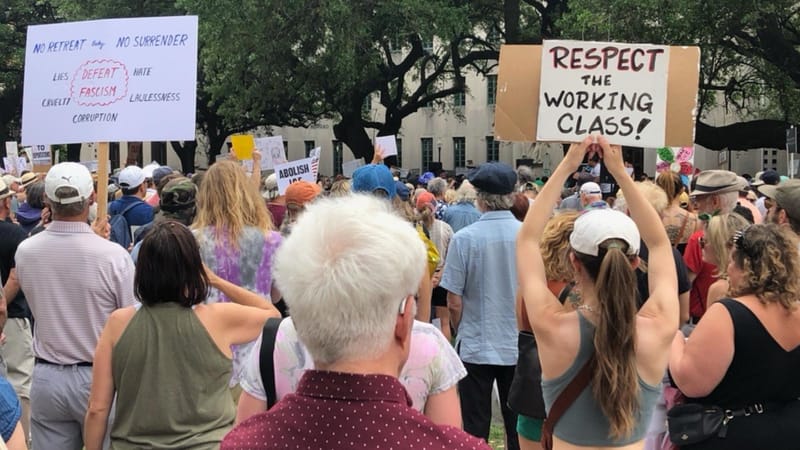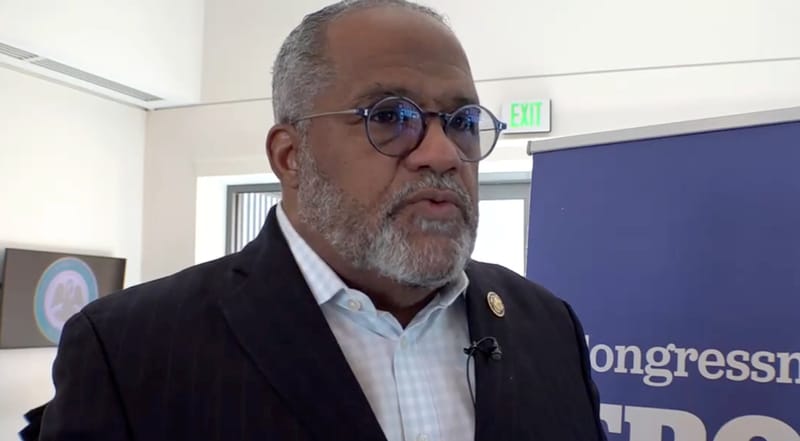Louisiana Voters to Decide on Sending Minors to Adult Prisons for More Crimes: What It Means for Youth and Communities
Louisiana law limits the crimes for which minors under 17 can be sent to adult prison, including murder, rape, and armed robbery.
Louisiana voters will decide on a critical amendment on March 29 that could send minors as young as 15 to adult prisons for a wider range of crimes, including fentanyl distribution and robbery without a weapon. The referendum has raised concerns about its potential to disproportionately affect African American youth and exacerbate racial disparities in the state’s criminal justice system.
What the Louisiana Juvenile Justice Amendment Would Change
Currently, Louisiana law limits the crimes for which minors under 17 can be sent to adult prison, including murder, rape, and armed robbery. If voters approve the proposed amendment, legislators would have the ability to expand this list to include any felony, provided they secure a two-thirds majority vote in both legislative chambers. This would significantly increase the number of young people facing adult sentencing, with potential prison terms lasting decades.
Key provisions of the proposal include allowing 15- and 16-year-olds convicted of fentanyl distribution (for amounts over 250 grams) to receive life sentences with no possibility of parole for up to 25 years. Other offenses under consideration for adult sentencing include domestic battery with strangulation and attempted armed robbery, both of which would result in prison terms far longer than what minors currently face in the juvenile system.
Disproportionate Impact on African American Youth
Critics argue that this amendment could disproportionately impact African American minors, who are already overrepresented in Louisiana’s juvenile justice system. Legal experts like Hector Linares, director of the youth justice section at Loyola University College of Law, warn that this change could lead to more African American teens being tried as adults, particularly for crimes like robbery, which are common in juvenile court.
“We’re already seeing a high number of Black youth in the juvenile system,” Linares said. “Expanding adult sentences could only make the problem worse.”
Why Child Advocates Oppose the Amendment
Child advocates oppose the proposal, citing research showing that harsher sentences for minors do not reduce crime or improve public safety. Mary Livers, former head of the Louisiana Office of Juvenile Justice, emphasized that teenagers’ brains are still developing, meaning they do not have the same cognitive abilities to understand the consequences of their actions.
“The juvenile justice system exists because minors don’t respond the same way to adult expectations,” Livers said. “Studies show that harsher penalties for minors don’t work.”
Support from Law Enforcement and Lawmakers
Despite the concerns from child advocacy groups, some law enforcement figures, such as District Attorney Tony Clayton, support the proposal. Clayton argues that tougher penalties are needed to deter crimes like fentanyl distribution, where drug dealers often exploit minors to avoid harsher sentences themselves.
Clayton, a Black Democrat, has aligned himself with Rep. Villio and Gov. Landry on this issue, citing the need for stronger deterrents. However, both he and Villio stress that district attorneys would have discretion in deciding whether to charge minors in adult court.
“DAs need to be compassionate – and they are,” Clayton said.
The Road Ahead for Louisiana’s Juvenile Justice System
The outcome of this referendum will shape the future of juvenile justice in Louisiana. If passed, the amendment would empower lawmakers to expand the list of crimes that could send minors to adult prison. This could lead to longer prison sentences for many minors, especially those from marginalized communities, including African American youth.
Key Points to Know:
- Louisiana voters will decide on an amendment that could expand the range of crimes for which minors are sentenced to adult prison.
- The proposal includes allowing minors convicted of fentanyl distribution and robbery without a weapon to face adult prison sentences.
- Critics warn that the amendment could disproportionately affect African American youth, exacerbating existing racial disparities in the juvenile justice system.
- The vote will take place on March 29, 2025.
What’s at Stake for Youth in Louisiana
As Louisiana heads to the polls in March, the decision will have a lasting impact on the state’s juvenile justice system. The vote will determine whether stricter penalties for minors, particularly in marginalized communities, are the solution to rising crime or if a new approach to rehabilitation and reform is needed.
The outcome of this referendum could not only reshape juvenile justice but also directly affect the lives of thousands of young people, especially African American minors in Louisiana.







